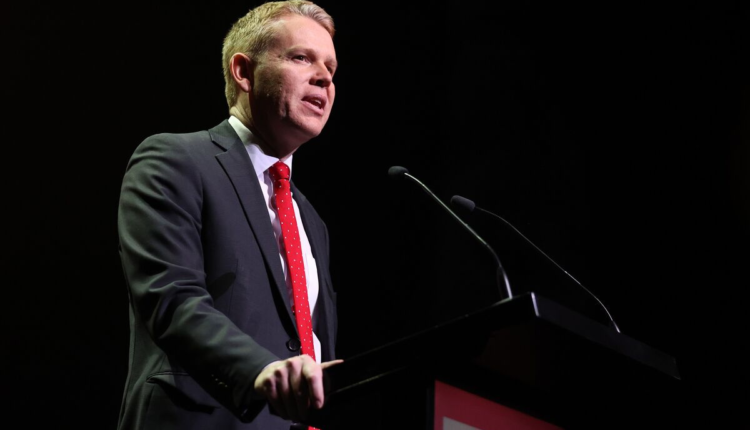Hipkins : New Zealand PM Immigrants Needed to Fill Skills Shortages
New Zealand's Immigration: Prime Minister Hipkins Addresses Skill Shortages
Hipkins : New Zealand’s Prime Minister, Chris Hipkins, has announced a new approach to immigration policy aimed at addressing the country’s skill shortages. Speaking at the Bloomberg Address in Auckland, Hipkins emphasized the need for skilled workers in New Zealand while assuring that he won’t actively curtail the record inflow of foreign workers if reelected in the upcoming election on October 14.
“We are going to have to bring in skilled workers,” Prime Minister Hipkins stated. “What we will focus on is making sure the immigration that we have is contributing to economic growth and isn’t being used as a substitute for it.”
This statement marks a significant departure from the traditional stance of Hipkins’ centre-left Labour Party, which had historically opposed high levels of immigration, citing concerns over wage suppression and housing market pressures caused by foreign buyers.
The change in policy came in response to a damaging worker shortage that had been driving up wages and costs in New Zealand. Net immigration in the 12 months through June rose to almost 87,000, nearing the peak recorded in March 2020, with a record net of 122,000 foreigners entering the country.
Hipkins & Targets
While Hipkins acknowledged that immigration has likely peaked and will decline, he refrained from setting specific targets, a departure from the approach taken by his party six years ago when they came into office.
Robert MacCulloch, a professor of macroeconomics at Auckland University, observed the political motivation behind the policy shift: “Labour was very clear it wanted to build a high-wage, high-skill economy and do that through education and not by relying on heavy immigration. But he was losing business support and was also facing a weak economy. To me, there seems a very clear link that the view was to radically loosen immigration to please business and to get the economy back up and running.”
While businesses have indicated that skill shortages are not their most pressing concern, New Zealand’s economy is still struggling. Most forecasters, including the Reserve Bank, anticipate a double-dip recession in the second half of the year.
Craig Renney, Chief Economist at the Council of Trade Unions, believes that using immigration as a tool to address skill shortages is acceptable as long as it isn’t overused. Renney emphasized the importance of comprehensive workforce planning and considered whether New Zealand has the necessary skills for specific projects.
For now, the labour market has absorbed the influx of foreign workers without significant wage suppression. However, Renney stressed the need to ensure that immigration doesn’t become a substitute for workforce development and training.
Prime Minister Hipkins, at Labour’s campaign launch, also announced a policy to extend free dental care to those aged under 30. This initiative, however, raises the question of attracting dentists from overseas to meet the increased demand.
Also Read : Telephone Bills : In Kuwait, Latest Update on Work Permits And Related Regulations

